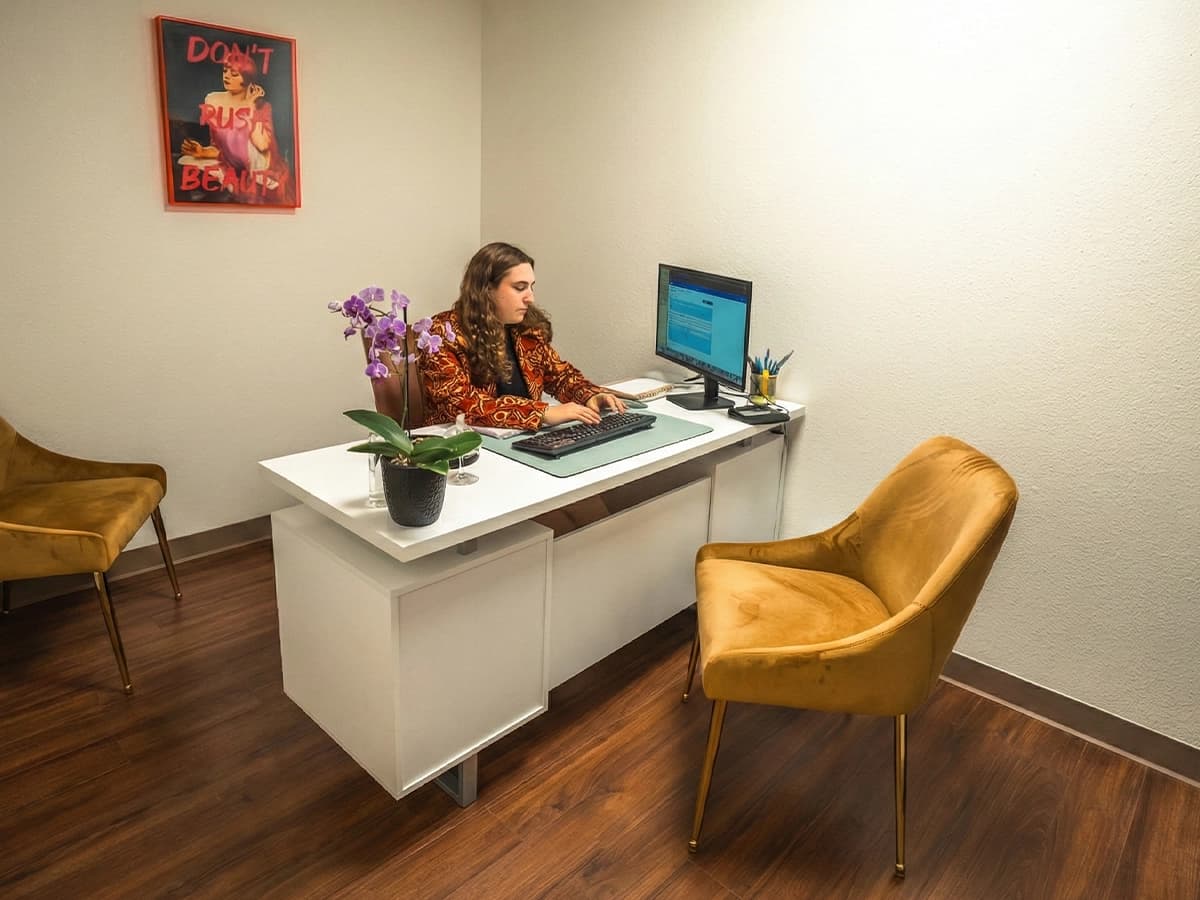Loading...
Loading...
Ongoing Support in San Diego, CA
Our outpatient program provides ongoing support and therapy sessions that fit into your schedule, helping you maintain recovery while living your daily life.
We make getting help as easy as possible. Our admissions team is available 24/7.
Speak with our compassionate admissions team. We'll answer your questions and discuss your situation.
We'll work directly with your insurance provider to determine coverage and minimize costs.
Same-day assessment available. We'll help you get started on your recovery journey.

Outpatient treatment at Amity San Diego provides continued support for individuals who have completed more intensive treatment or who need ongoing care while maintaining their daily responsibilities.
Our outpatient program offers flexible scheduling with individual therapy, group sessions, and continued access to recovery resources. This level of care is ideal for those who have a stable living situation and strong support system.
Located in Pacific Beach, our outpatient services help you stay connected to professional support while building an independent, substance-free life in the San Diego community.
Schedule sessions around your work, school, and family commitments with morning, afternoon, or evening availability.
Continued one-on-one sessions with licensed therapists to address ongoing challenges and maintain progress.
Weekly group sessions provide peer support and accountability in your recovery journey.
Ongoing work on identifying triggers and strengthening coping strategies for long-term sobriety.
Connection to AA meetings, fellowship events, and community support throughout San Diego.
Continued family therapy options to strengthen relationships and home support systems.
Outpatient treatment provides continued support while you build an independent recovery lifestyle.
Review your progress and establish ongoing treatment goals with your care team.
Attend scheduled individual and group therapy sessions based on your treatment plan.
Continue practicing and strengthening coping skills learned in more intensive treatment.
Build connections with San Diego recovery community through meetings and fellowship.
Regular check-ins to assess progress and adjust treatment as needed.

Our outpatient treatment includes these evidence-based therapies.
Outpatient treatment provides the ongoing support you need to maintain sobriety while living your life. Stay connected to professional care in San Diego.
Confidential. Compassionate. Available 24/7.